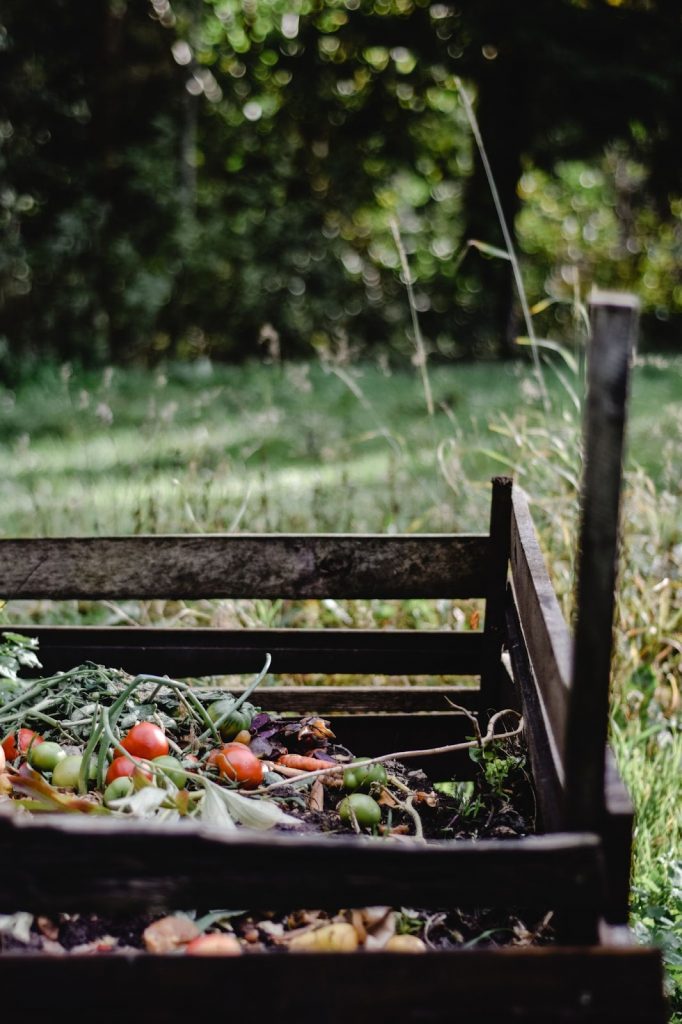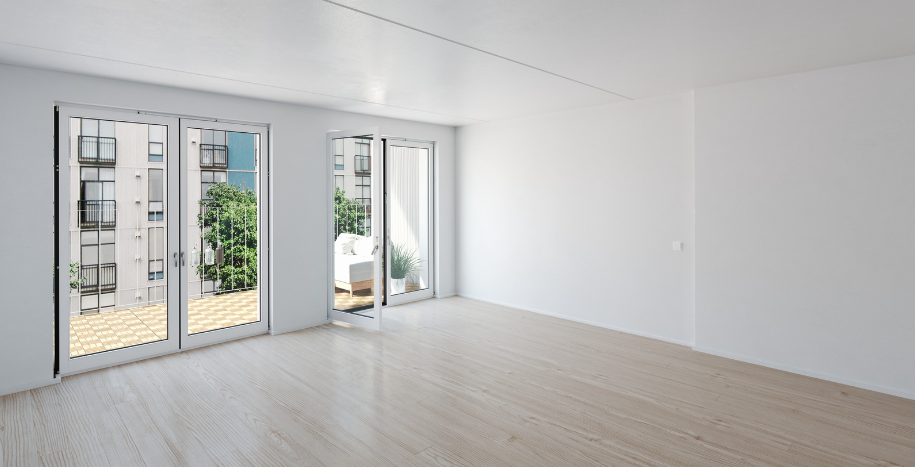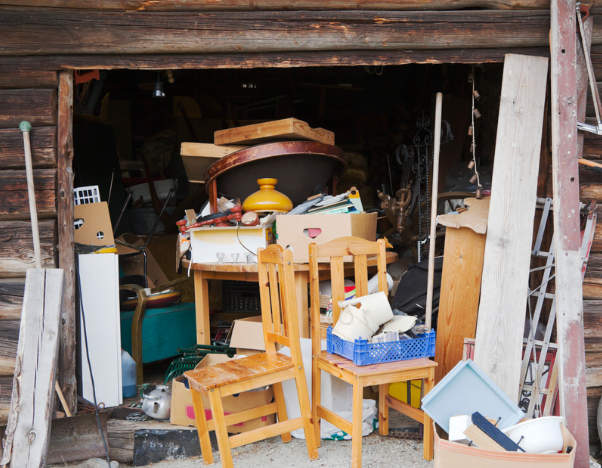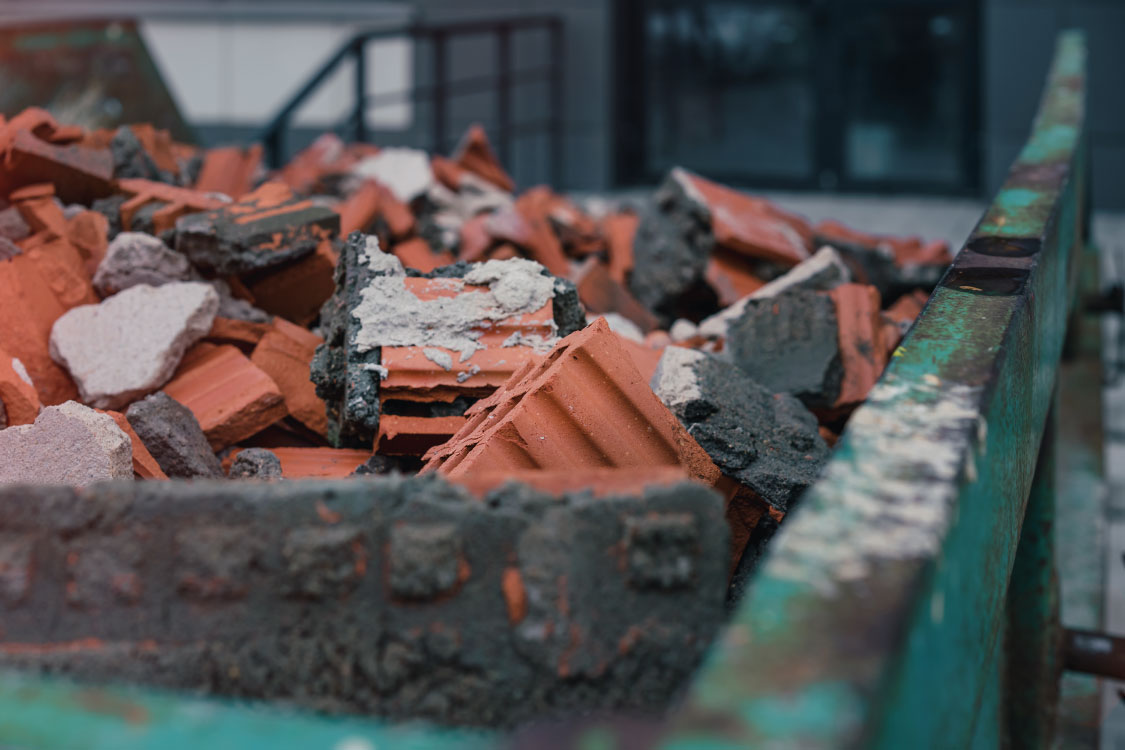
Home Composting: How To Compost Garden Waste
Whether you’re working on creating a brand new look for your garden or doing a weekly clean-up, gardening can create a lot of waste. The good news is you can turn that waste into something nutritious for your garden through composting. Composting is the natural process of converting green waste into natural fertiliser for the soil. Not only does it have nutrient-rich properties for the soil, it’s also excellent for the environment, as it stops perfectly useful green waste from going to landfill where it releases methane gas as it breaks down, resulting in high greenhouse gas emissions. Read on to learn more about how to compost garden waste and how it benefits the environment. Of course, if you have more garden waste than you’re able to compost, you can hire a green waste skip bin from Just Skips and we’ll take care of it for you.
Overview
1. How does composting benefit the environment?
2. What can you put in garden compost?
3. What should not be added to compost?
4. How to compost garden waste in 4 steps
5. How to compost garden waste FAQs
How does composting benefit the environment?
Home composting doesn’t just help your garden, it also benefits the environment. Here are four reasons why:
-
Reduces soil erosion and improves soil health
The main reason for soil erosion is heavy rain; the force of the rain disperses the top layer of soil. Applying a layer of compost on top of the soil acts as a blanket, which protects the soil and reduces the eroding impact of the rain.
-
Helps conserve water
Using compost has been proven to improve efficiency of water use. It improves the ability for soil to hold more water which reduces plants’ needs to be watered externally. Adding a thin layer of compost on top of the soil creates an effective barrier against evaporation of water from the soil.
-
Reduces methane emissions
Natural landfill materials like food waste emit greenhouse gases such as methane as they break down. Methane gases are one of the largest contributors to climate change. By composting waste instead of throwing it away, you are minimising the amount of methane gases produced due to your waste and doing your bit for the planet.
- Reduces waste stream
We are constantly producing waste in our everyday activities. Food scraps and garden waste account for approximately 30% of the waste produced daily, according to the Australian Government energy department. Not only does managing waste require a lot of manpower and energy, it is also a very costly process. Composting this waste ourselves is a great way to reduce our waste output and give back to society.
What can you put in garden compost?
One of the most important things to know when you’re learning how to compost garden waste is understanding what is and isn’t suitable for composting. Suitable items broadly fall into two categories:
-
Green waste
Organic, kitchen or garden waste forms the base of your green compost. Green scraps like leaves, food scraps, tea leaves and coffee grounds are excellent due to their nutrient properties.
-
Brown waste
Brown waste includes things like bark, paper, straw, cardboard and dry leaves. Brown waste is ideal to include into your compost as it makes great food for the ‘composters’, aka the organisms composting your waste.
What should not be added to compost?
- Meat and fish scraps
- Dairy products and eggs
- Oils, grease, fats & butter
- Citrus peels, onions and garlic scraps
- Glossy paper, plastic products
- Diseased plants
How to compost garden waste in 4 steps?
-
Find the right spot
Have you wondered whether compost should be kept in sun or shade? Well, you can do both. While composting in the sun can speed up the process, it can leave the compost a bit dry. Keep watering the compost every few days to keep the compost moist. Leaving the compost in shade can take longer, however you can still achieve the desired results.
-
Ensure weather is working in your favour
Weather can have a large impact on how quickly your compost decomposes. Ideal temperature to compost is 55 to 65 degrees. You must regularly check the temperature of your compost to know if it requires watering to cool it down.
-
Start collecting compost materials
Start collecting the materials you would like to include in your compost. You can include green scraps such as food waste and brown scraps such as bark and paper into your compost.
-
Play the waiting game
A compost can take anywhere between 2 to 12 months before it’s ready to be put into soil. It also requires some monitoring so you can regulate the temperature for optimum results. When a compost starts to turn brown, it signals the compost is ready to be used.
Just Skips is here to help
Now you know how to compost garden waste! While composting is an effective way to make use of garden and food waste on a daily basis, you may find that a larger backyard clear out requires professional garden waste removal. At Just Skips, not only do we offer affordable skip bin prices, quick delivery and excellent customer service, we’re also committed to sustainable waste management—so you can rest assured your garden and household rubbish is being disposed of in the correct way. Order a skip bin online or contact us on (08) 8255 6677 if you have any questions.
How to compost garden waste FAQs?
How long does it take for garden waste to turn into compost?
Composting can take anywhere between 8 weeks to 1 year. It takes less time if you consciously work on your compost. If you just allow nature to work its magic, it can take much longer.
Should compost be in the sun or shade?
You can leave your compost in the sun or shade. Leaving it in the sun will make the composting process faster due to the heat. However, it is important that the compost is not left in the sun for too long as it may overheat the compost. The ideal spot is sometimes in the shade and sometimes in the sun, as shade, moisture and sunlight are all important to the composting process.
People also read:



